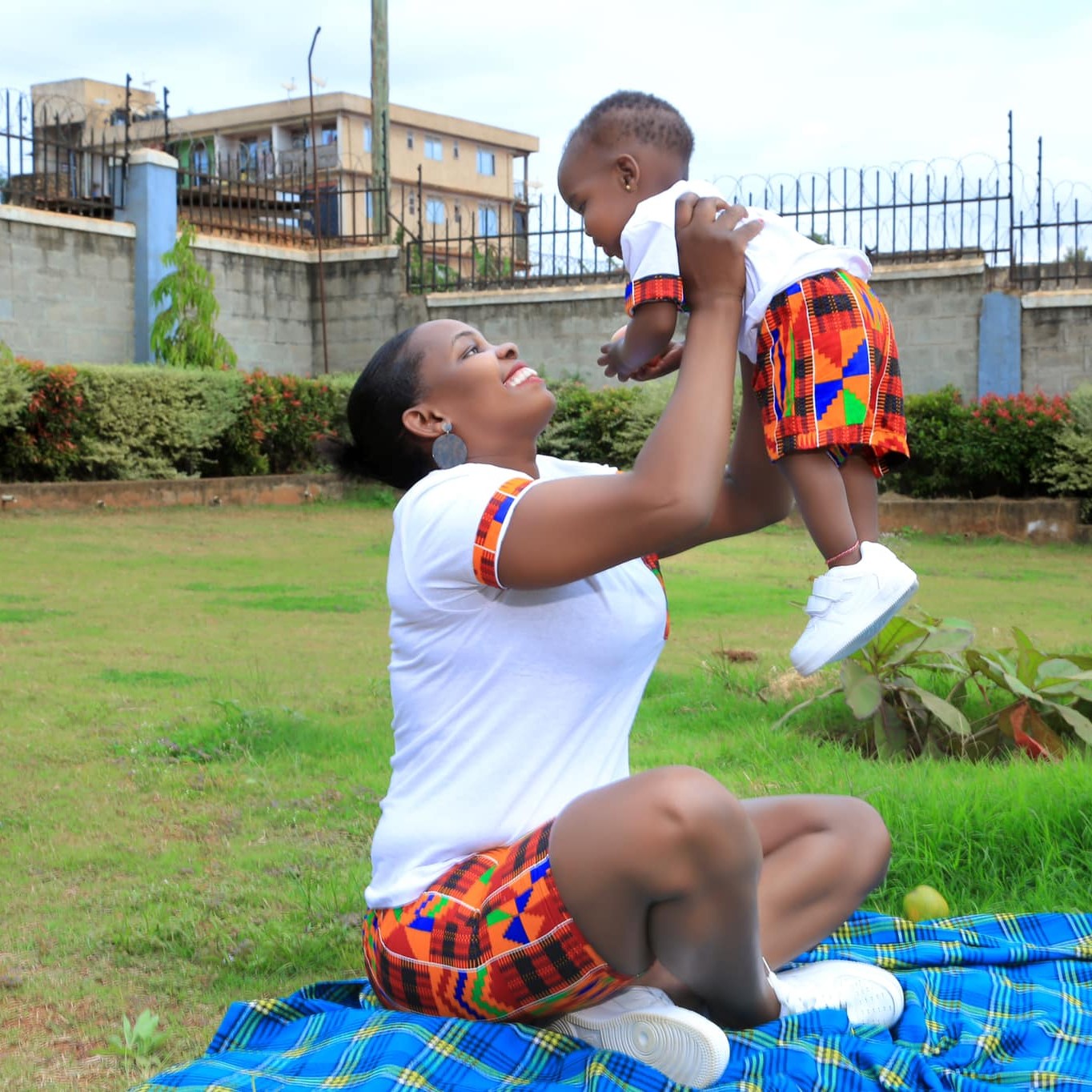Praise is when you tell your child that you like what they’re doing or how they’re behaving. Praise nurtures your child’s confidence and shows your child how to think and talk positively about themselves.
For praise to be more meaningful, it has got to be detailed.
1.Detailed praise; Is when you tell your child exactly what it is you like. For example. “I like the way you’ve eaten all your greens today“. This helps your child understand exactly what it is that they’ve done well. It’s also more genuine than non-specific praise like “You’re a good boy”.
2.Praise for their effort; For example, “You worked hard on that math’s homework – well done”. Praising effort can motivate your child and encourage them to try hard in the future.
3.Praise to change poor behavior; For example. If your child throws food at the table, you might want to encourage your child to eat more carefully next time. So at the next meal time, when they eat better, offer praise meaning you have acknowledged the change of behavior.
“Praising your child should be heartfelt to carry more meaning and produce results”
Contact the nutritionist: 0787070057












